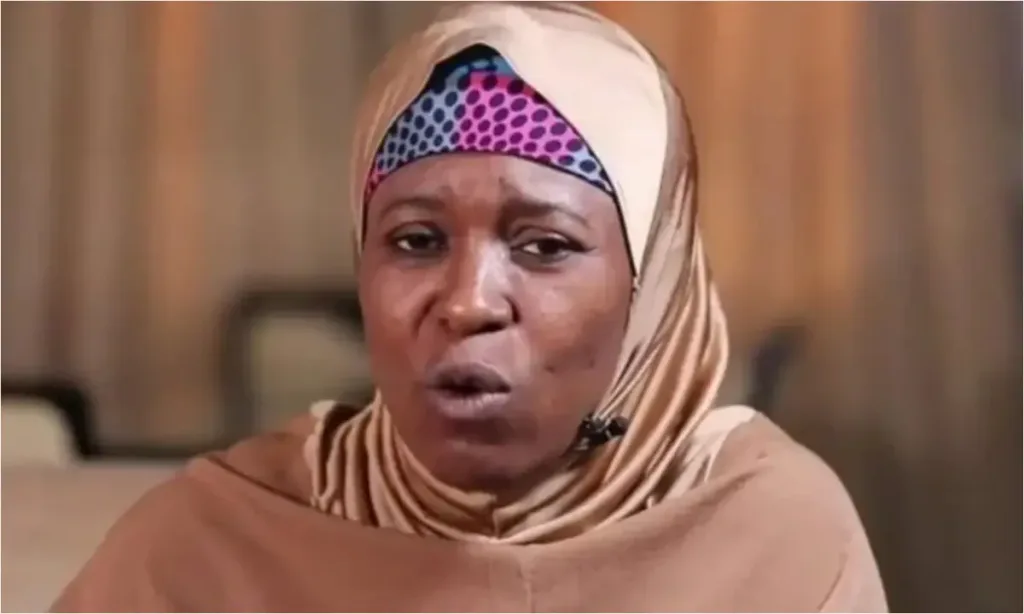Nigerian activist and former BringBackOurGirls (BBOG) co-convener Aisha Yesufu has revealed that opposition leader Peter Obi pledged to serve only a single term as president if elected, a commitment she says he emphasized during private discussions ahead of the 2023 elections. In a series of social media posts, Yesufu stated that Obi, the Labour Party’s presidential candidate, drew inspiration from South Africa’s Nelson Mandela, who voluntarily stepped down after one term to set a precedent for leadership turnover.
Yesufu detailed on the platform X that she repeatedly challenged Obi’s stance during the 2022 campaign, arguing that Nigerians would likely demand he seek reelection given the scale of reforms needed. “I told him the people will not allow him to do just a term,” she wrote, recounting conversations in which Obi countered that focused, impactful governance could achieve significant progress within four years. The activist stressed that she sought direct confirmation from Obi before publicly sharing his one-term pledge, citing the importance of safeguarding her credibility.
Obi, who finished third in the 2023 election, has positioned himself as an advocate for systemic change in Nigeria, often criticizing entrenched political practices. His reported alignment with Mandela’s model reflects a broader narrative of prioritizing institutional renewal over prolonged incumbency. While Nigerian presidents are constitutionally permitted two four-year terms, voluntary term limits have been rare in the country’s history, making such a pledge notable even amid skepticism about its feasibility.
Yesufu’s disclosure has reignited debates about political accountability and the viability of short-term leadership in addressing Nigeria’s complex challenges, including economic instability and security crises. The Labour Party has not yet publicly addressed her claims, leaving Obi’s stance to circulate as a talking point among supporters and analysts. As speculation grows about potential candidacies for the 2027 election, the discussion underscores evolving public expectations for Nigeria’s leadership amid widespread calls for reform.
